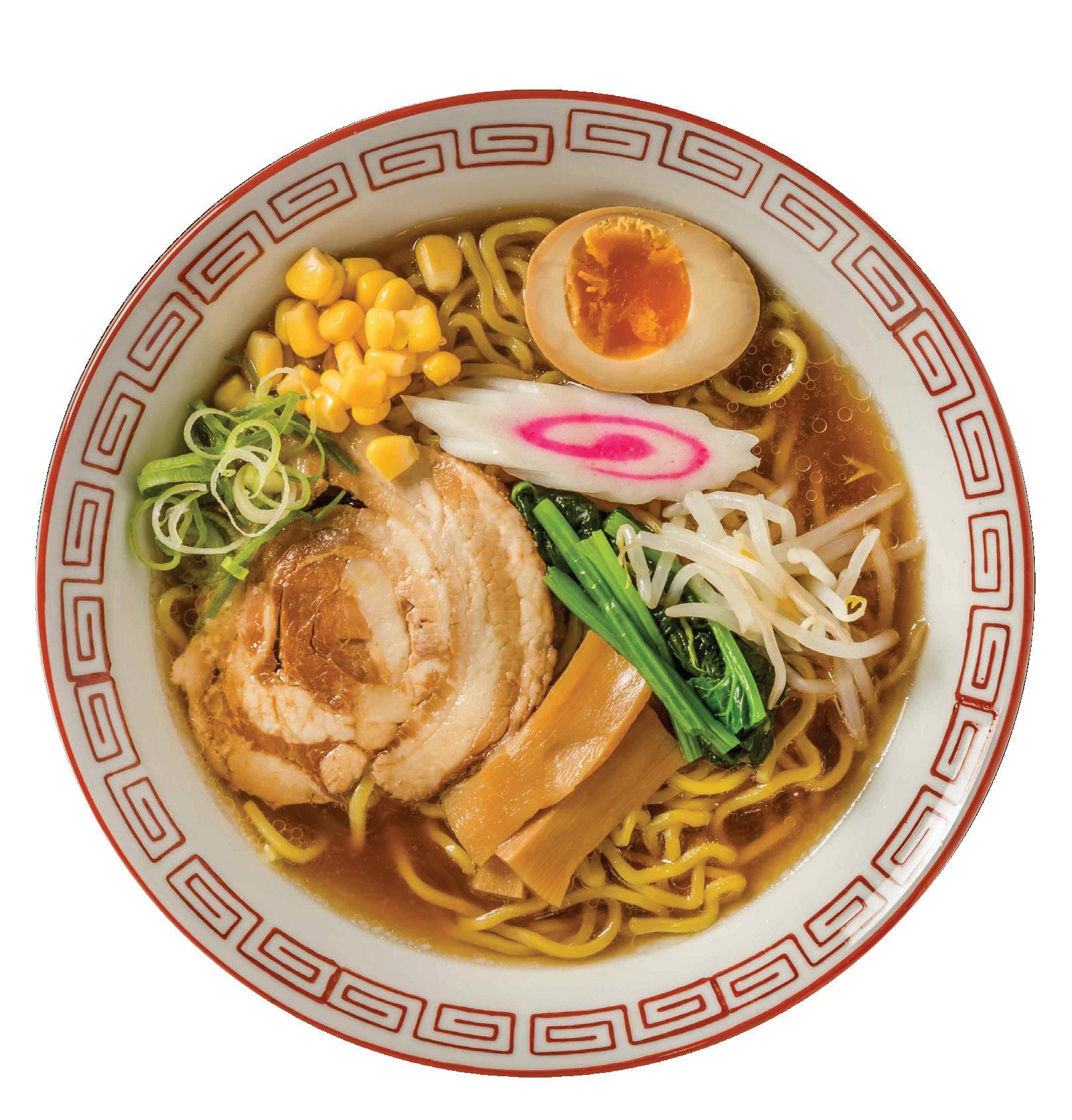
2 minute read
FOOD SMELL
from A Lacking Journey
When you have anosmia, the loss of the sense of smell can significantly impact the perception of food taste. The sense of smell and taste are closely interconnected, and together they contribute to our overall sensory experience of eating.
Flavor is a combination of taste and smell. The taste buds on our tongues detect basic taste sensations such as sweet, sour, salty, bitter, and umami (savory). However, the richness and complexity of flavors we associate with various foods come primarily from the sense of smell. When anosmia occurs, the ability to perceive these subtle aromatic compounds that give foods their characteristic flavors is diminished.
Advertisement
Without the influence of smell, taste sensations may feel blander or more limited. Basic tastes, like sweet and salty, might still be detected, but the full range of flavors becomes less pronounced and enjoyable.
Anosmia can make it challenging to distinguish between different foods that have similar textures but distinct flavors. For example, without the sense of smell, it may be more difficult to differentiate between the tastes of an apple and a pear.
As my brother had no sense of smell since he was born, he had never really fully experienced a proper taste journey. When I asked what his favourite food was, he answered that it was Borscht, a Russian pink broth with meat in it, usually made from tomatoes. However when asked how his favourite dish tasted, he visibly hesitated, eventually telling me he didn’t know how to describe it. After hearing this, I had a sudden sense of realisation, that the foods I taste did not taste the same to my brother. It made me think back on the instances where I had eaten with him and it made me curious as to how it felt like to be in his shoes, how his food tasted etc.
One story my brother had shared with me was during his secondary school days. He was studying Food & Nutrition, I felt that it was ironic seeing as how a sense of smell would naturally be important in order to study food and nutrition. However during that period, my brother had no idea that he had a loss of smell since it had been that way since he was born. He had assumed that everyone around him had the same sensory experience as him. He continued that during these classes, he always had troubles describing the taste of food they had made during class and would always refer to his friend’s answers. From then on, he had speculated that his sense of smell might be different compared to his classmates.
I thought that it was a very interesting story from my brother’s point of view. It made me want to understand more about the life of people who has this condition.
With the loss of smell, other senses, such as texture and temperature, may become more important in the overall eating experience. People with anosmia may pay greater attention to the mouthfeel of foods and the temperature variations to compensate for the diminished flavor perception.
When asked about my brother’s description of foods, he often uses words like hot, cooling, numbing etc. This further shows that people with anosmia pay more attention to things like temperature variations when tasting/describing foods.



